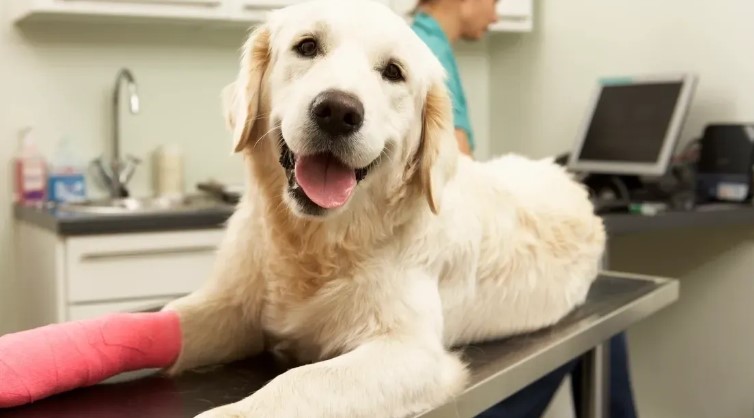Streamlining Pet Care: The Importance of Veterinary Medical Records

In today’s rapidly advancing world, technology is making its presence felt in almost every aspect of our lives. The field of veterinary medicine is no exception. One of the most significant developments in this realm is the transition from traditional paper-based record-keeping to electronic veterinary medical records. These digital records have revolutionized the way our furry friends receive healthcare, offering numerous advantages for both pet owners and veterinary professionals.
The Evolution of Veterinary Medical Records
Veterinary medical records have come a long way since the days of handwritten notes on paper charts. The transition to electronic records has not only improved the efficiency and accuracy of record-keeping but has also enhanced the quality of pet care.
What Are Veterinary Medical Records?
Veterinary medical records are a comprehensive and organized collection of a pet’s healthcare history. They include details such as vaccination records, lab test results, medication history, surgical procedures, and communication between pet owners and veterinarians. These records serve as a crucial resource for assessing a pet’s health, diagnosing ailments, and planning future treatments.
Advantages of Electronic Veterinary Medical Records
Accessibility and Convenience: Electronic records are stored securely in the cloud, making them accessible from anywhere with an internet connection. This means that pet owners and veterinarians can access important health information quickly and easily, even in emergency situations.
Enhanced Communication: Digital records allow for real-time communication between pet owners and veterinary professionals. Pet owners can share updates and receive guidance without the need for physical visits to the clinic.
Improved Accuracy: Electronic records reduce the risk of errors caused by illegible handwriting or data entry mistakes. This, in turn, ensures that pets receive the right treatments and medications.
Efficient Collaboration: Electronic records can be easily shared with other veterinary specialists or pet care providers, enabling better collaboration and coordination of care.
Data Analysis: Digital records allow for the analysis of healthcare data over time, potentially identifying trends or patterns that could aid in early disease detection.
Reduced Environmental Impact: Going paperless is also environmentally friendly, as it reduces the need for paper and printing.
Ensuring Privacy and Security
The transition to electronic records also raises concerns about data security and privacy. It is vital that veterinary practices maintain strict protocols to safeguard the sensitive information contained in these records. This includes implementing secure access controls, encryption, and regular data backups.
The Future of Veterinary Medical Records
As technology continues to advance, we can expect further innovations in veterinary medical records. These may include the integration of artificial intelligence for predictive analysis, telemedicine solutions, and wearable devices that can automatically update a pet’s health information.
In conclusion, electronic veterinary medical records have ushered in a new era of pet care, making healthcare management more convenient and efficient for pet owners and veterinary professionals alike. These records play a pivotal role in ensuring the well-being of our beloved pets and are a testament to the ever-evolving landscape of veterinary medicine in the digital age. With a bright future ahead, the continual improvement of electronic medical record systems promises to further enhance the health and happiness of our animal companions.